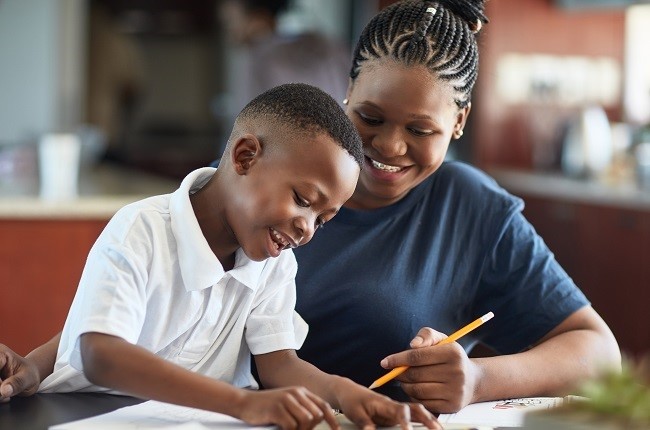
A Guide For Home Schooling in South Africa
Home schooling in South Africa, also called home education, was against the law. However, things changed in 1996 when the South African government recognized it through the School Legislation. Since then, homeschooling has grown a lot.
Home education or homeschooling is becoming popular every day. Parents wish to be more hands-on and involved in their kid’s life.
But before deciding on your child’s education, read this guide.
This will help you to understand and prepare for what is coming.
The Change in Law
Before 1996, parents who wanted to teach their kids at home faced legal issues. However, with the new legislation, homeschooling is allowed and regulated.
This meant that parents could officially choose to educate their children at home without breaking any rules.
Reasons for Choosing Homeschooling
Parents in South Africa decide to homeschool for various reasons. Some want a more personalized education for their children. Others might have religious beliefs.
Some parents want to change how regular schools work, and homeschooling provides an alternative.
Diversity in Approaches
One of the unique aspects of homeschooling in South Africa is the diversity of approaches employed by families.
Some follow a structured curriculum similar to traditional schools, while others adopt a more flexible and child-led approach. It helps in emphasizing experiential learning.
Challenges and Changes
Even though homeschooling is now legal and growing, there are still challenges. Some families may need help to get the right resources, especially in areas far from big cities.
Parents must also be more concerned about whether homeschooled kids get enough social interaction. The government is still figuring out the best ways to support homeschooling parents.
Things to take under consideration
Legal Framework and Regulations
The right to education is a part of the South African Constitution, and homeschooling is considered a valid option.
However, there are regulations in place to ensure that the quality of education meets certain standards.
Parents must register with the Department of Basic Education, adhere to the national curriculum, and undergo regular assessments.
Challenges in Homeschooling

Despite its growth, homeschooling in South Africa has its challenges. Accessibility to resources, especially in rural areas, remains a concern.
Socialization is another aspect that some critics raise. They are questioning whether homeschooled children might miss out on the social interactions that traditional schools provide.
The parent’s responsibilities are increased exponentially in homeschooling. You are now a caregiver, educator, and parent.
It can be really hard and overwhelming, especially for a beginner parent.
Here are some tips on how to tackle these new responsibilities.
- Ask for help if you feel burnout.
- Take inspiration from others like you.
- Always plan the next day prior.
- Take it easy and allow yourself to rest.
- Award your kid when they do things right.
- Set healthy boundaries for yourself and the kids.
In conclusion, homeschooling is a personal decision for any parent.
Every child deserves to learn and make memories they can look back and smile upon. We need to ensure parents have the freedom to choose how they teach.
Additionally, ongoing teacher training and support for parents engaged in homeschooling is crucial for maintaining educational standards.
We also want to ensure that what kids learn meets the country’s standards.
Homeschooling is getting more popular, and finding a balance is the key to success.

